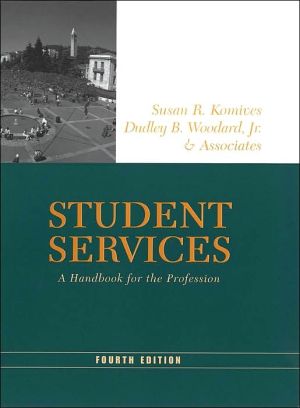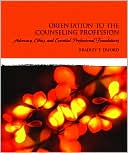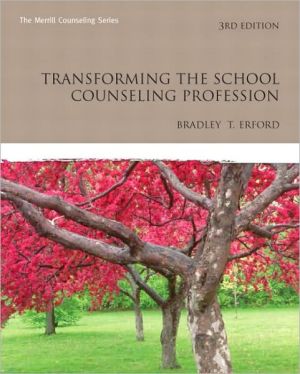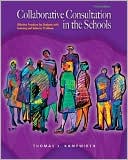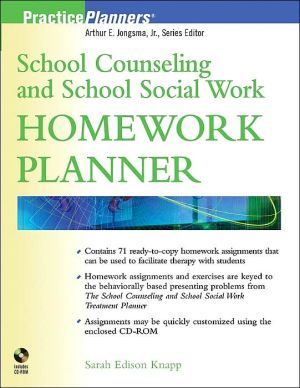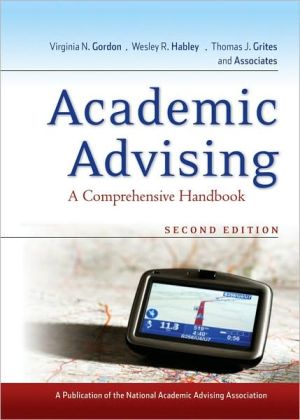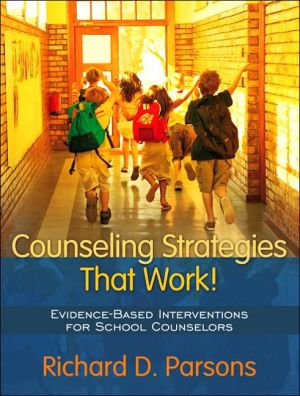The Essential Guide to Talking with Gifted and Talented Teens: Ready-to-Use Discussions About Identity, Stress, Relationships, and More
Like other kids their age, highly capable adolescents experience developmental challenges. They’re forging identity, finding direction, exploring relationships, and learning to resolve conflicts. These are difficult tasks to do alone, no matter how smart one may be. The 70 guided discussions in this book are an affective curriculum for gifted teens. By “just talking” with caring peers and an attentive adult, kids gain self-awareness and self-esteem, learn to manage stress, build social skills...
Search in google:
Like other kids their age, highly capable adolescents experience developmental challenges. They’re forging identity, finding direction, exploring relationships, and learning to resolve conflicts. These are difficult tasks to do alone, no matter how smart one may be. The 70 guided discussions in this book are an affective curriculum for gifted teens. By “just talking” with caring peers and an attentive adult, kids gain self-awareness and self-esteem, learn to manage stress, build social skills and life skills, and discover they are not alone. Each session is self-contained and step-by-step; many include reproducible handouts. Introductory and background materials help even less-experienced group leaders feel prepared and secure in their role. For advising teachers, counselors, and youth workers in all kinds of school and group settings working with gifted kids in grades 6–12. Children's Literature This comprehensive guide to organizing and facilitating group work with the gifted population contains everything needed to approach this task with confidence. The author, a former teacher, has a degree in counseling, as well as experience. She is noted for her previous book on working with groups in the general population. The author notes a recent shift among professionals in focusing on the social and emotional development of those students classified as gifted. The above-average capabilities of these teens led to the erroneous assumption that they were equally competent in their social and emotional development, but the book stresses that gifted students often need guidance in these areas as much as any developing teen. Group discovery provides the opportunity for teens to learn from each other as they improve their "self esteem and social ease." An extensive introduction provides the rationale, purpose, nuts and bolts, and steps to take in forming and maintaining interest groups among this population. The remainder of the workbook contains six foci, such as identity, stress, relationships, and family; numerous ideas for sessions are provided within each topic. The emphasis here is on facilitating, not teaching, no matter what your "other" role in the school setting may be. Sessions are designed so that learning takes place through discussion among the participants and is not directed by the leader. A CD and hard copies of reproducible handouts are provided to get the discussions going. An index and a list of sources for further study are included. Reviewer: Meredith Kiger, Ph.D.
\ Children's Literature\ - Meredith Kiger\ This comprehensive guide to organizing and facilitating group work with the gifted population contains everything needed to approach this task with confidence. The author, a former teacher, has a degree in counseling, as well as experience. She is noted for her previous book on working with groups in the general population. The author notes a recent shift among professionals in focusing on the social and emotional development of those students classified as gifted. The above-average capabilities of these teens led to the erroneous assumption that they were equally competent in their social and emotional development, but the book stresses that gifted students often need guidance in these areas as much as any developing teen. Group discovery provides the opportunity for teens to learn from each other as they improve their "self esteem and social ease." An extensive introduction provides the rationale, purpose, nuts and bolts, and steps to take in forming and maintaining interest groups among this population. The remainder of the workbook contains six foci, such as identity, stress, relationships, and family; numerous ideas for sessions are provided within each topic. The emphasis here is on facilitating, not teaching, no matter what your "other" role in the school setting may be. Sessions are designed so that learning takes place through discussion among the participants and is not directed by the leader. A CD and hard copies of reproducible handouts are provided to get the discussions going. An index and a list of sources for further study are included. Reviewer: Meredith Kiger, Ph.D.\ \

